From the pink ribbons and social media campaigns to the corporate walkathons, October is celebrated annually as Breast Cancer Awareness Month. However, beyond the slogans and ads, there is a more saddening reality that many women in Nigeria have to bear, which is the cost of breast cancer screening, which is still out of reach.
When pink isn’t enough
While there is a wave of campaigns each year urging women to know their status, however, this isn’t enough. Many of these initiatives focus on social media visibility or symbolic walks, with little emphasis on providing free or subsidized screenings. For women who live below the poverty line, such awareness efforts feel like something beyond their reach.
“I see the campaigns online every year,” says Titi, a 42-year-old market woman in Ibadan. “But when I went to the hospital last year, they said the mammogram was ₦25,000. I just left. That’s my whole month’s profit.”
“For many Nigerian women, the fear of breast cancer isn’t just about the diagnosis, it’s about the cost of finding out.”
When screening becomes a luxury
The cost of a mammogram in Nigeria, which is one of the most effective ways to detect breast cancer early, ranges from N15,000 to N30,000, while a breast ultrasound costs between N10,000 and N20,000.
For women living on the minimum wage of ₦30,000 per month, or those in rural areas earning less through informal work, this means choosing between feeding their family and saving their lives.
Breast cancer is the most common cancer among women in Nigeria, accounting for nearly 23% of all cancer cases. Yet, according to reports from the Nigerian Cancer Society, more than 70% of cases are diagnosed at late stages, when treatment becomes complex, painful, and far more expensive.
The human cost of delay
Behind every late-stage diagnosis is a story like Titi’s, who noticed a lump but waited, hoping it would go away because she couldn’t afford the test.
By the time she finally goes to the hospital, it is often too late for simple treatment. Surgery, chemotherapy, and radiotherapy can cost hundreds of thousands, sometimes millions of naira.
The financial burden doesn’t just drain savings; it devastates entire families. In communities where women are the backbone of households, breast cancer doesn’t only threaten one life—it destabilizes many.
The access and infrastructure barrier
Even for women who can afford screening, access is another barrier. Most functional mammogram centers are located in Lagos, Abuja, or other large cities. In rural or semi-urban communities, diagnostic centers are few, and equipment is often outdated or non-functional.
Traveling long distances to get tested adds transport costs and lost work hours, further discouraging women from seeking help.
Dr. Ifeoma Eze, an oncologist at Lagos University Teaching Hospital, explains:
“Early detection can save up to 90% of patients, but many never make it to the hospital early because screening services are not accessible or affordable. Awareness means little if people can’t take action.”
The Change Makers fighting to make screening accessible
Despite these challenges, several organizations are working to close the gap.
CancerAware Nigeria and Project Pink Blue organize free screening events across the country.
Sebeccly Cancer Care partners with hospitals to offer discounted mammograms and early detection education.
Some hospitals, such as LUTH and UCH, run occasional free screening programs during October.
These initiatives have made a difference, but they’re often limited by funding and can’t reach all the women who need them.
What needs to change
Accessibility and affordability must be at the heart of the fight if Nigeria truly wants to reduce breast cancer deaths.
Here’s what can be done:
Government support: Subsidizing mammogram and ultrasound costs through public health insurance schemes.
Corporate involvement: Sponsoring free community screenings instead of just awareness campaigns.
Healthcare reform: Expanding diagnostic centers to rural areas and training more radiologists.
Community action: Encouraging women to self-examine regularly and join local health networks.
In conclusion
Every October, we celebrate survivors and spread awareness — but we must also ask: Who’s being left behind?
Awareness saves no one if access is still a privilege. Until screening becomes affordable and accessible to every woman, too many will continue to die from a disease that could have been caught early.
It’s time we go beyond the pink ribbons and make breast cancer awareness not just accessible but also affordable.
Breast cancer doesn’t have to be a death sentence, but only if women can afford the chance to catch it early.







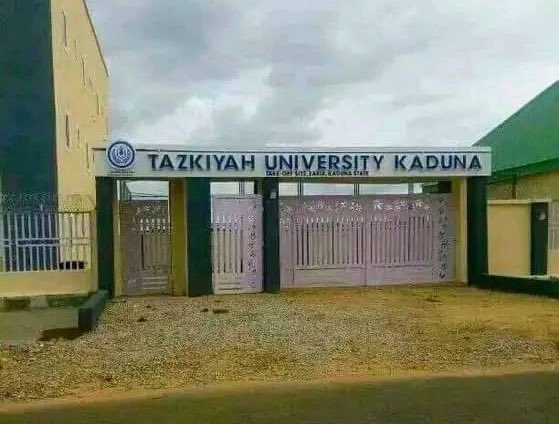
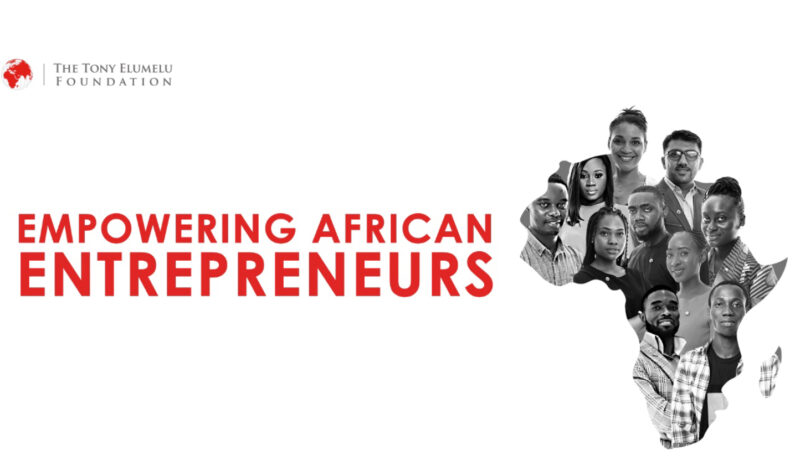
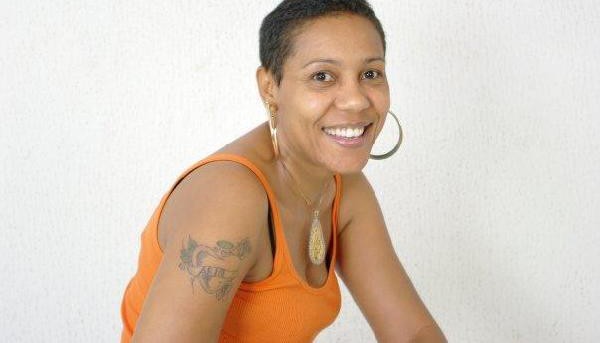
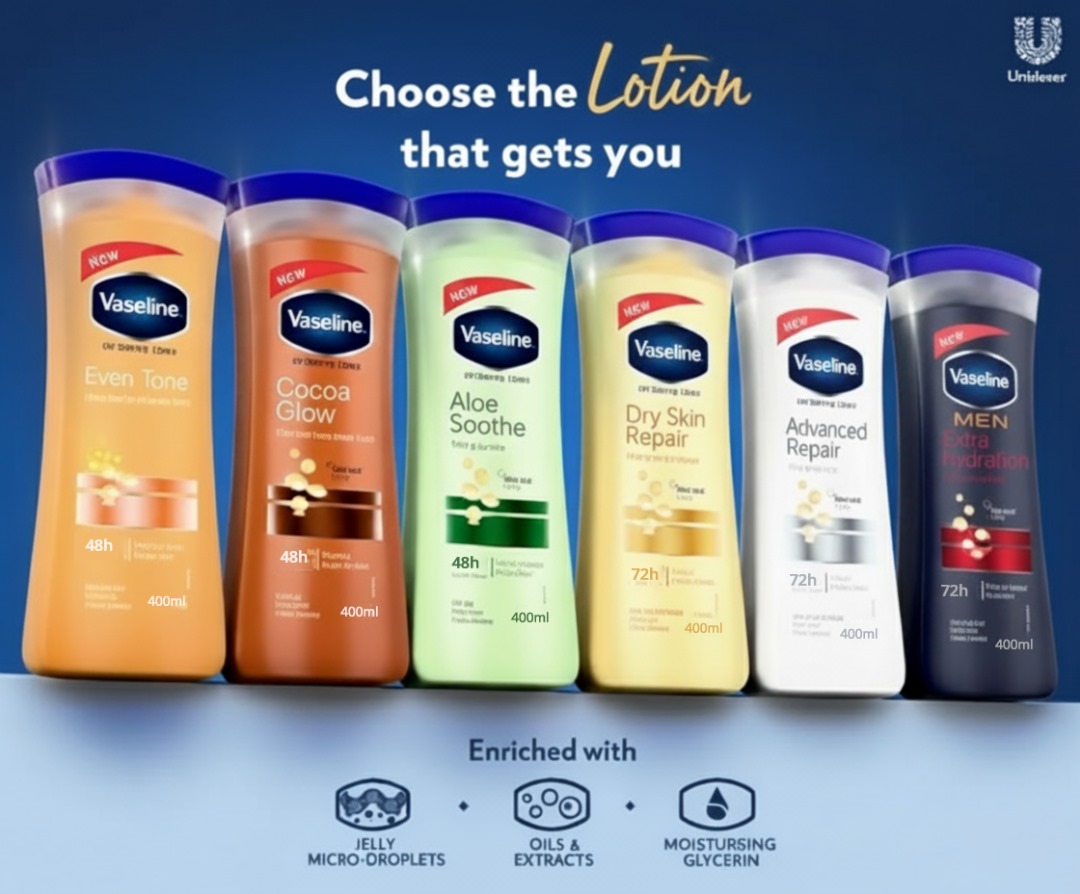

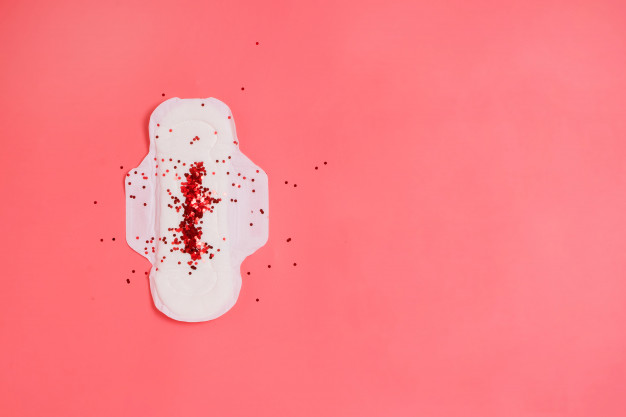



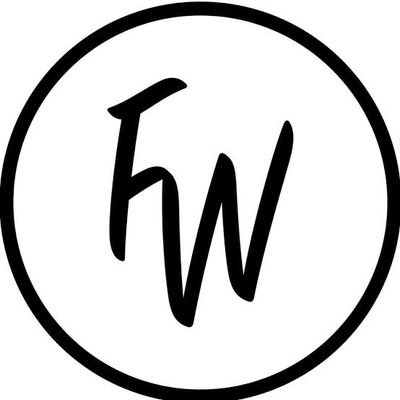
Hello!! My name is Anu
I'm a passionate digital media strategist and the creative mind behind FabWoman. My goal is to inspire and empower millennial women across Africa to live their most fabulous lives. Through FabWoman, I create engaging content that covers everything from fashion and beauty to health and lifestyle. When I'm not working, you'll find me exploring the latest trends, enjoying good food, and staying fit. Let's make every day fabulous together!